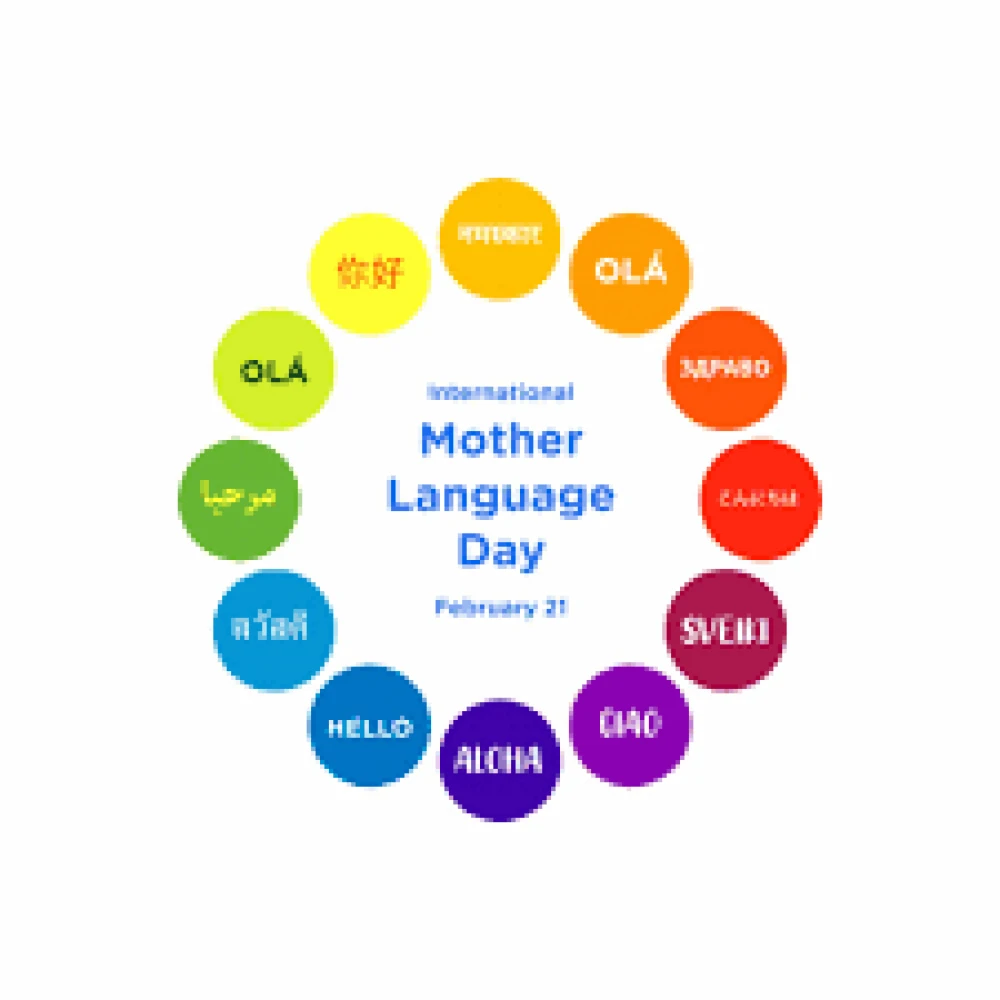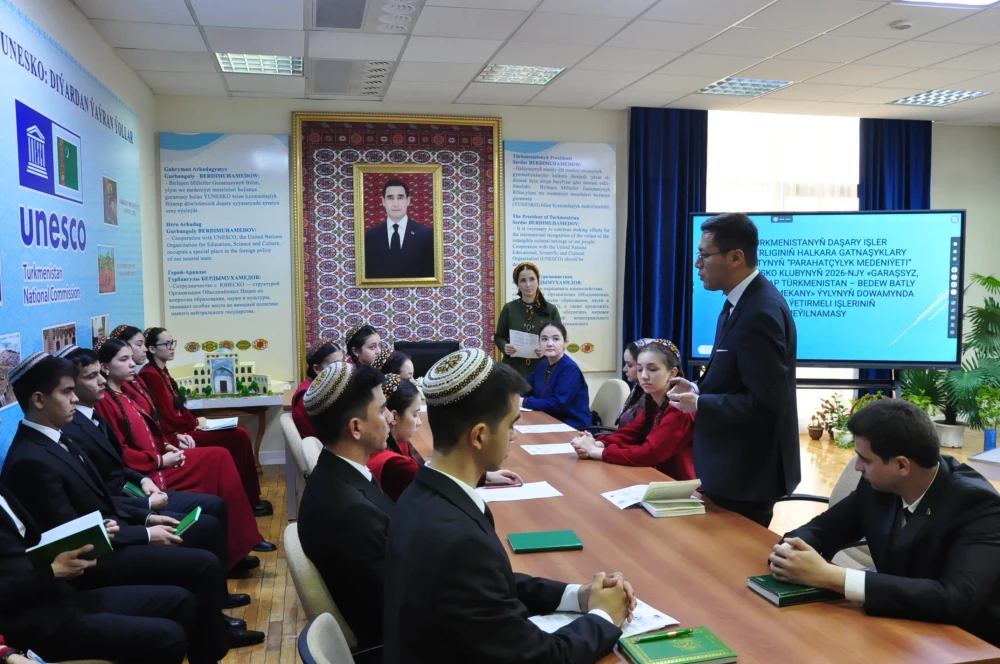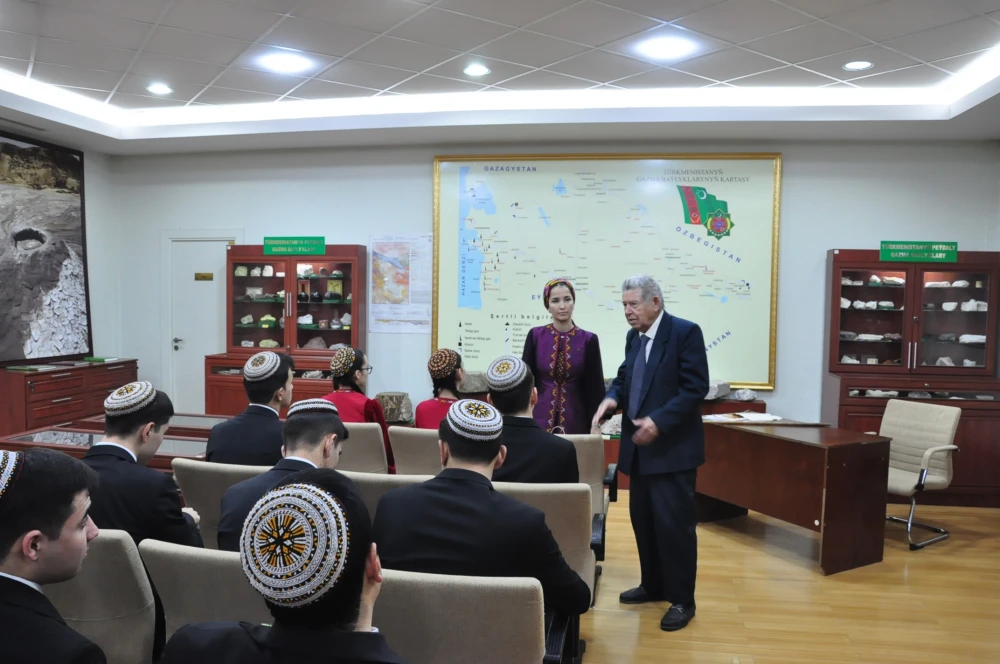
22/02/2024
1868
International Mother Language Day
Multilingual and multicultural societies thrive through the preservation of their languages, which serve as conduits for traditional knowledge and cultural heritage. However, linguistic diversity faces increasing threats as more languages vanish. Currently, 40% of the global population lacks access to education in their native language, a figure that exceeds 90% in certain regions. Research underscores the benefits of using learners' native languages in education, fostering better learning outcomes, self-esteem, and critical thinking skills. This approach also supports intergenerational learning and cultural preservation.
Languages, with their complex implications for identity, communication, social integration, education and development, are of strategic importance for people and planet. Due to globalization processes, they are increasingly under threat, or disappearing altogether. When languages fade, so does the world's rich tapestry of cultural diversity. Opportunities, traditions, memory, unique modes of thinking and expression — valuable resources for ensuring a better future — are also lost.
Every two weeks a language disappears taking with it an entire cultural and intellectual heritage. At least 45% of the estimated 7000 languages spoken in the world are endangered. Only a few hundred languages have genuinely been given a place in education systems and the public domain, and less than a hundred are used in the digital world.
Multilingual and multicultural societies exist through their languages, which transmit and preserve traditional knowledge and cultures in a sustainable way. So, as a commitment towards understanding the importance of the mother language or mother tongue, UNESCO decided to observe the day. According to the United Nations Educational, Scientific and Cultural Organization or UNESCO, International Mother Language Day was recognised on the initiative of Bangladesh and has been observed throughout the world since the year 2000.
As we know, Turkmen language belongs to the West Oguz branch of the Turkic language family. On May 24, 1990, the "Law on Language" was adopted in our country. Article 1 of it states: "The Turkmen language is the state language of Turkmenistan." Also, on April 12, 1993, a new Turkmen alphabet was adopted.
Today there are about 6,000 languages in the world, each of which has a special international day. International Mother Language Day is observed every year to promote linguistic and cultural diversity and multilingualism.
Aygozel ASHIROVA,
Lecturer of the Department of
International Relations and Diplomacy
of the Institute of International Relations
of the
Ministry of Foreign Affairs of Turkmenistan.


